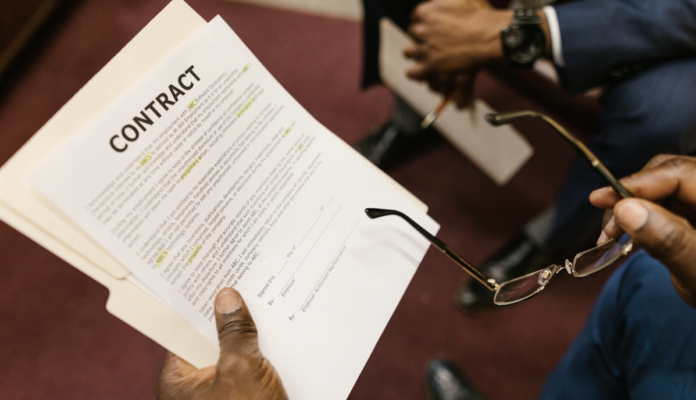Coming up with a new product, service, or idea can be exhilarating, and you may want to show it to the world. But before doing so, it’s crucial to safeguard it, especially as you’ve put your heart and soul into creating this. In today’s tech world, where sharing info is as easy as pie, keeping your hard work away from copycats and thieves is necessary for any business. Therefore, it helps to be well-informed on effectively protecting your intellectual property if you have any. Below are a few practical ways to do so.
-
Be mindful when filing patents
Filing for a patent lays out the blueprint for your creation, making it easier for others to create something similar without infringing on your intellectual property. Therefore, before taking this step, ensure you put other protective measures in place. Some people even advise skipping this process altogether. Another way is to standardize the idea with the appropriate standards association to keep others from jumping on your genius concept.
-
Get a solid non-disclosure agreement
You may have heard about this agreement several times and wondered, what’s an NDA? It’s short for a non-disclosure agreement and is like a top-secret shield for your business. Suppose you’re developing a new product but don’t want the whole world to know about it until it’s time to hit the shelves. In that case, you’ll want the people working on your product to sign a promise to keep a tight lid on the details. Lawyers make these agreements, meaning anyone who spills the beans might find themselves in serious legal hot water. It’s like a confidential pact to lock down your product’s secrets until you’re ready for the big reveal.
-
Avoid joint ownership
Joint ownership can get tricky regarding intellectual property, especially when more than one brain, such as a bunch of bright minds in your Research and Development team at your company, brings all the ideas. Joint IP ownership means many people have a say in how the copyrights, trademarks, or patents are used. It’s like a free-for-all buffet, where owners can do what they want without asking the others. But it’s not all sunshine and rainbows. If you need to do anything with that jointly owned property, every owner has to agree. In the U.S., you may need the whole crew at the court for anything related to patents or copyrights.
-
Register the business, product, or website
Have you got a cool name for your business, product, or website? Lock it in by registering those names, which helps protect your brand and stops others from snatching similar ones. It’s like claiming your territory before someone else builds on it. Suppose you’re a one-person show running a photography gig under your name, like ‘John Doe Photography Service’. Even then, securing that name is a smart move. It’s not just about the name. Think of it as giving your business its own bubble, keeping it separate from your personal stuff. So, if any legal dramas hit, your business gets to stand on its own two feet.





